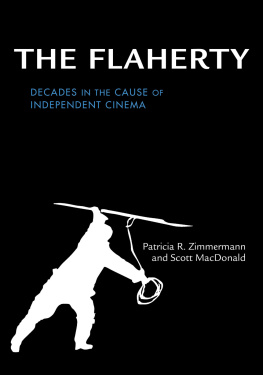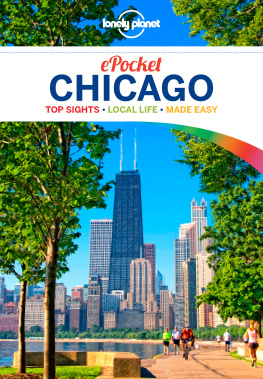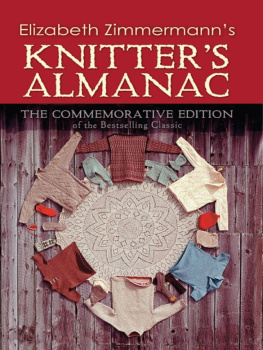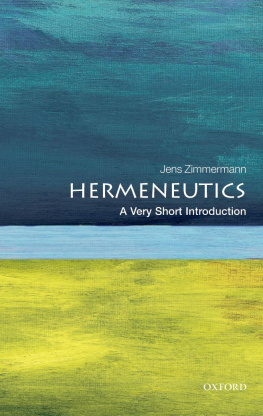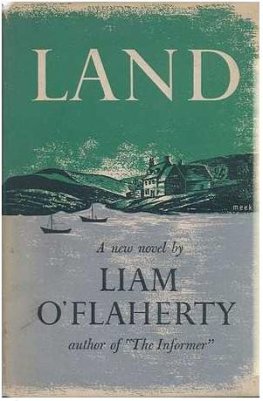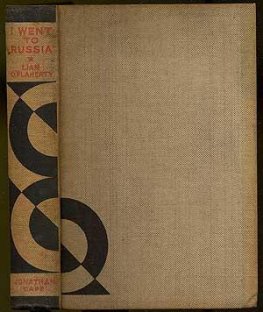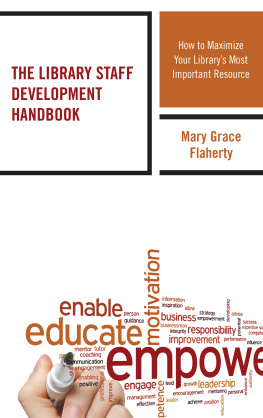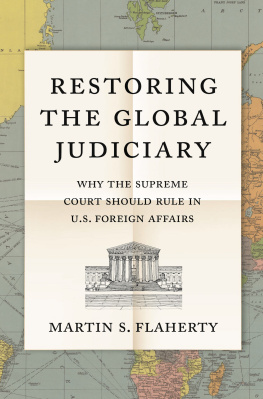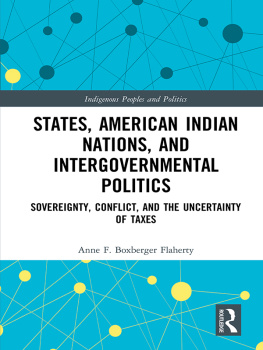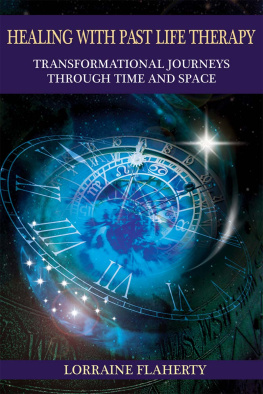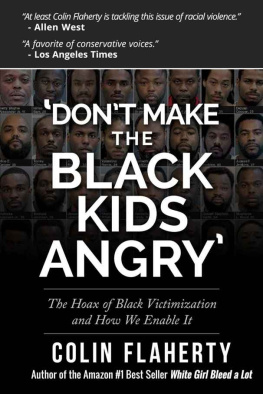
THE FLAHERTY
THE FLAHERTY
DECADES IN THE CAUSE OF INDEPENDENT CINEMA
Patricia R. Zimmermann and
Scott MacDonald
Indiana University Press
This book is a publication of
Indiana University Press
Office of Scholarly Publishing
Herman B Wells Library 350
1320 East 10th Street
Bloomington, Indiana 47405 USA
iupress.indiana.edu
2017 by Patricia R. Zimmermann and Scott MacDonald
All rights reserved
No part of this book may be reproduced or utilized in any form or by any means, electronic or mechanical, including photocopying and recording, or by any information storage and retrieval system, without permission in writing from the publisher. The Association of American University Presses Resolution on Permissions constitutes the only exception to this prohibition.
The paper used in this publication meets the minimum requirements of the American National Standard for Information SciencesPermanence of Paper for Printed Library Materials, ANSI Z39.481992.
Manufactured in the United States of America
Cataloging information is available from the Library of Congress.
ISBN 978-0-253-02624-8 (cloth)
ISBN 978-0-253-02688-0 (e-bk.)
1 2 3 4 5 22 21 20 19 18 17
I remembered that he had always said that the motion picture was still an unknown continent, that no one had yet scratched the surface of its potentialities, that even his own best-loved films were only sketches, first studies for the great films of the future that might be made by the young of the future. It seemed to me that his name and spirit can best be perpetuatedcan only be perpetuated as he would wish itby an institution whose prime purpose is to help new talent to explore further and further into the possibilities of a medium so immense and so unknown.
Frances Hubbard Flaherty
CONTENTS
ACKNOWLEDGMENTS
Like the Flaherty Seminar itself, this book has been a collaborative process, not simply between the two authors, but between them and the many people who helped make documents and memories available.
Of course, we could not have begun this project without the assistance of the women and men who have directed Flaherty activities during the past ten years. Our sincere thanks to Margarita De La Vega Hurtado, Mary Kerr, and Anita Reher, and to program manager Sarie Horowitz. They enabled us to access the voluminous Flaherty files and to make use of the extensive archive of recorded discussions.
Dan Streible (who programmed the 2011 Flaherty) and his colleagues in and around the masters program in Moving Image Archiving and Preservation in the Department of Cinema Studies at New York University were instrumental in an effort to make the recordings of Flaherty discussions accessible. Thanks to Dan and to Julia Kim, Alice Moscoso, Yvonne Ng, Laurainne Ojo-Ohikuare, Brent W. Phillips, Erik Piil, and Kimberly Tarr for their hard work and goodwill. They have been instrumental in opening the way for scholars to work with this remarkable archive.
Ithaca College provided generous grant support for archival research, final manuscript production, photographic illustrations, and time away from teaching. Numerous summer research grants and reassigned time awards from the Office of the Provost and the Center for Faculty Excellence supplied money and time to assist in thinking through the complex history of the Robert Flaherty Film Seminar. The Roy H. Park School of Communications at Ithaca College supported Patricia Zimmermanns attendance at a multitude of Flaherty Seminars, key ethnographic participant observation. Large and small grants from the Park Schools James B. Pendleton Research and Production Fund facilitated primary archival and photographic research. These grants were essential in hiring ace research assistants in New York City who mined the vast archives of International Film Seminars and the Flaherty Seminars: Joshua Deal, Erin Ferro-Murray, Steve Holmgren, and Sarie Horowitz.
Hamilton College made possible Scott MacDonalds attendance at numerous Flaherty Seminars; thanks in particular to Deans Patrick Reynolds and Margaret Gentry. The college also provided a generous subvention to assist with indexing; thanks to Deans Samuel Pellman and Margaret Gentry. Various Hamilton colleagues assisted with the transcription of Flaherty discussions; thanks, in particular, to Benjamin Salzman for patient technical support of various kinds.
Collaborative spirit infused the research process to produce this book. An amorphous, constantly changing, ephemeral organization, the Flaherty produces conversations rather than products. As a result, historical research has extended beyond primary documents into exchanges and interviews with key participants who contributed insights into particular periods of the seminar and shared a sense of the affective surround of the experience. For their analyses and memories and time, we thank Charles Benton, Sally Berger, Linda Blackaby, Mahen Bonetti, Patti Bruck, Phred Churchill, John Columbus, Jack Coogan, Nadine Covert, Kathy Geritz, John Gianvito, Faye Ginsburg, Tony Gittens, Marlina Gonzalez-Tamrong, D. Marie Grieco, Carlos Gutirrez, DeeDee Halleck, Ed Halter, Richard Herskowitz, Margarita De La Vega Hurtado, Bruce Jenkins, Tom Johnson, Mary Kerr, Lucy Kostelanetz, Irina Leimbacher, Juan Mandelbaum, Louis Massiah, Ann Michel, Gabriella Monroy, Alyce Myatt, Dorothy Oshlag Olson, Bill Pence, Julia Reichert, B. Ruby Rich, Jay Ruby, David Shepard, Cecile Starr, Caspar Stracke, William Sloan, Barbara Van Dyke, Phil Wilde, and Chi-hui Yang. Patti Bruck and Juan Mandelbaum shared critical internal board documents as well. Jay Ruby imparted not only his own experience of the Flaherty and its offshoot Arden House as a board member and programmer but also his analytical perspectives as an anthropologist and fellow scholar of documentary.
We thank Erik Barnouw for spurring the writing of a book on the Flaherty Seminar and Ruth Bradley for having the courage to publish a substantial early foray into Flaherty history: the quadruple issue of the journal Wide Angle (vol. 17, nos. 14, 1995), edited by Erik Barnouw and Patricia R. Zimmermann, and made available for the fortieth anniversary of the Flaherty Seminars. Barnouw argued that an organization as importantand invisibleas the Flaherty Seminars deserved a scholarly book so its history could be recovered, analyzed, taught, and argued about.
Finally, we thank the many thousands of participants in the Flaherty Seminars over the decades. Although the seminar grounds independent media arts culture in beautiful and daring films, videos, and (in recent years) installations, its argumentative, collaborative, engaged, passionate audiences sustain it.
THE FLAHERTY
INTRODUCTION
The Flaherty: Decades in the Cause of Independent Cinema represents an unusual collaboration between two scholars and two ways of doing history. Throughout the evolution of this project, Patricia R. Zimmermann has focused on writing the institutional history of the annual Robert Flaherty Seminar, while Scott MacDonald has explored the recordings of the discussions that have taken place at the Flaherty during the decades it has operated. The structure of this volume is a braiding together of our distinct but, we hope, synergic efforts in hopes that our strategy might evoke the energy and dynamism of the Flaherty Seminar itself.
PATRICIA R. ZIMMERMANN: IMAGINING A HISTORY OF THE FLAHERTY SEMINAR
The Robert Flaherty Film Seminar is one of the oldest, continuously functioning organizations in the world dedicated to an exploration of independent cinema. It began in 1955 on the Flaherty farm in Vermont at the height of the civil rights movement, the Cold War, the Eisenhower era, and the Red Scare as a place to think through cinema as an art form rather than as a business. Before the current concept of independent cinema existed and before the development of the nonprofit media arts sector now called public media, before the Sundance Film Festival and the Tribeca Film Festival, before the Ann Arbor Film Festival and the Toronto International Film Festival, before arts funding from entities such as the New York State Council on the Arts and the National Endowment for the Arts, before the proliferation of microcinemas and niche festivals, the Robert Flaherty Film Seminar was grappling with the aesthetics, dimensions, economics, exhibition, forms, politics, and scope of cinema produced outside the confines of the commercial studio system.
Next page
